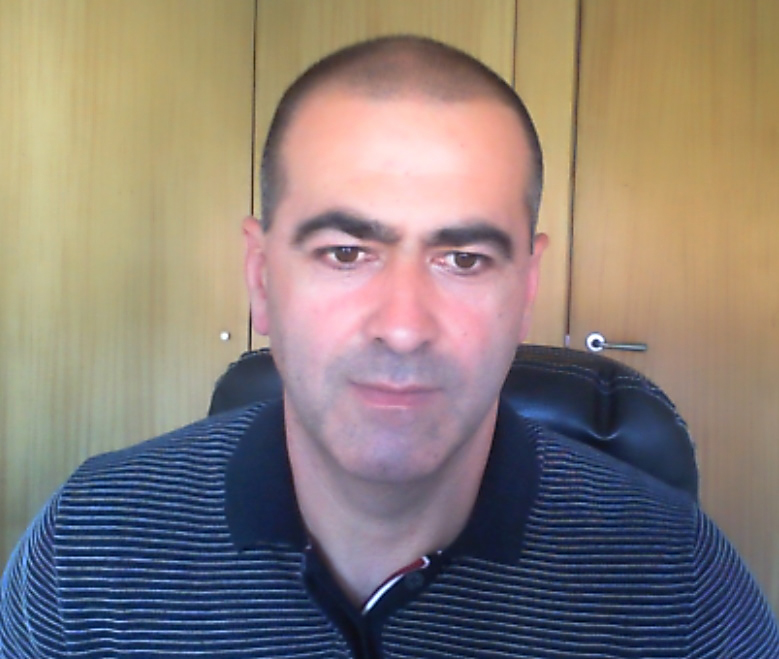Let's talk with the teachers
Interview with Luís Filipe Fernandes.

Luís Filipe Fernandes
We have been carrying regular communication and exchanges with teachers and non-formal educators within the scope of FAIAS project. Either through focus groups or informal sessions, the aim is to create a closer relationship between the project and the educational community. In this context, we talked to Prof. Luis Filipe Fernandes and he kindly answered some questions about how Artificial Intelligence influences the classroom and how it is perceived in schools.
Luís Filipe Brito Veiga Fernandes is a 49-year-old Portuguese teacher who lives in Braga. He has been teaching IT for 22 years. Luís is part of the André Soares School Group staff. He is also a non-formal educator at the city's Prison Facility - a partnership between the prison and the André Soares School Group. Luís has been teaching Information, Communication Technologies and Multimedia since 2019. Between 2013 and 2018, he was part of the Sá de Miranda School Group Administration (Deputy and later Deputy Director). Until 2018, Prof. Luís has taught several classes related to computing in regular education and vocational courses of 3rd cycle and high school.
How do you see the role that technology plays in the daily lives of teachers and students?
Technology in education is a consequence of a society's journey. Nowadays, when we talk about technology in education, we almost and quite unconsciously think about the digital world, but since there are organized education systems there always has been the concern and need to incorporate technical knowledge in the training of students. And this ultimately translates into a need for teachers to follow and be aware of technological developments. In addition, technology has always enabled the teaching process to be enhanced (we would never have had a slate board in the past without the technology and techniques that enabled it to be manipulated). However, regardless of the technological level of the time we are living in, I believe that the most important thing is to integrate technologies and techniques in a perspective that allows us to discuss/acknowledge the benefits, fears and difficulties, so that we can consciously find the best balances for an evolution of society in which the generations that succeed us can be proud of.
How do you as a teacher see Artificial Intelligence (AI) in the future of your current students?
Unavoidably it is something that is already present in their lives without them realizing it. I think that from the games of each generation to what they learn in the educational systems, it is fundamental that what is essential is shared and acknowledged both at school and at the level of social and family proximity. When this is not the case, imbalances are reinforced and generational "gaps" arise. if we acknowledge that Artificial Intelligence systems will be increasingly connected to each other, that the wealth of data to become more sophisticated will not stop growing, that they will be present in all sectors of personal and social life... if we acknowledge all this , I think we can be optimistic or pessimistic depending on the perspective we want to emphasize. I believe that the most important thing is the effort to understand what Artificial Intelligence systems are, so that this can drive the best discussions, debates and, in this way, the most conscious and with that the best decisions for society and life on Earth.
As far as you know what (formal or informal) measures are being implemented in schools to train young people in Artificial Intelligence?
Apart from some individual initiatives, I am unaware of any measures or strategies regarding this reality to bring AI to mandatory regular education. I admit that many schools in the country are starting to look at the impacts of AI, but I think that we are still in a very embryonic phase with little or no capacity for anticipation.